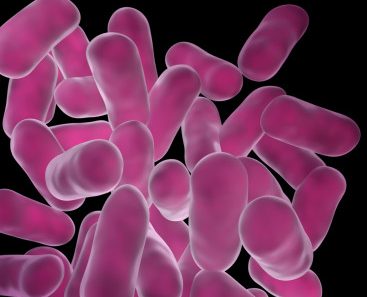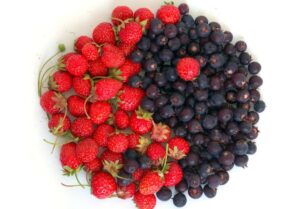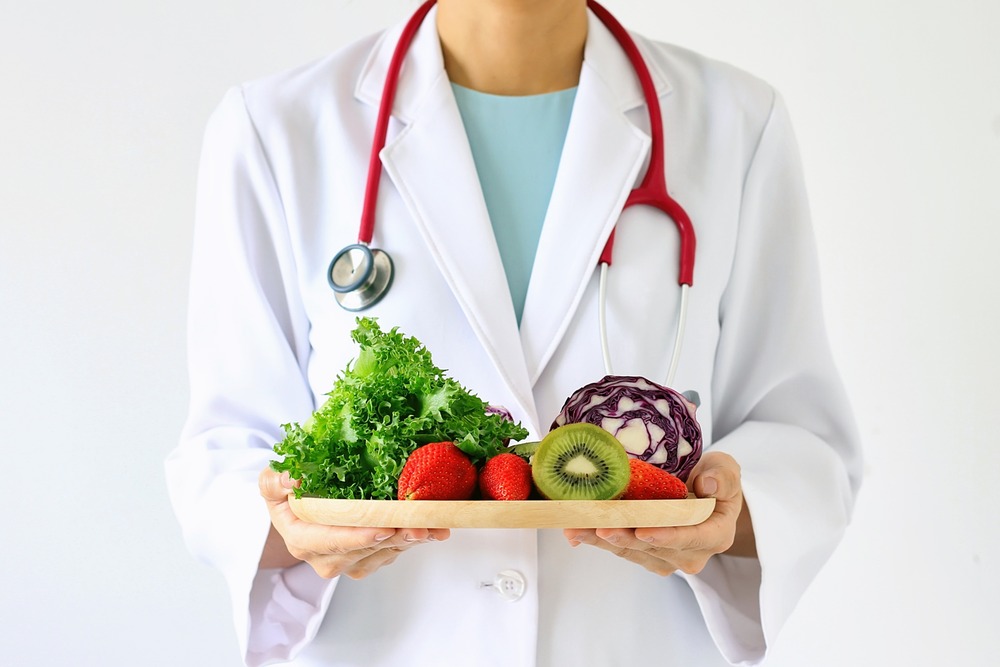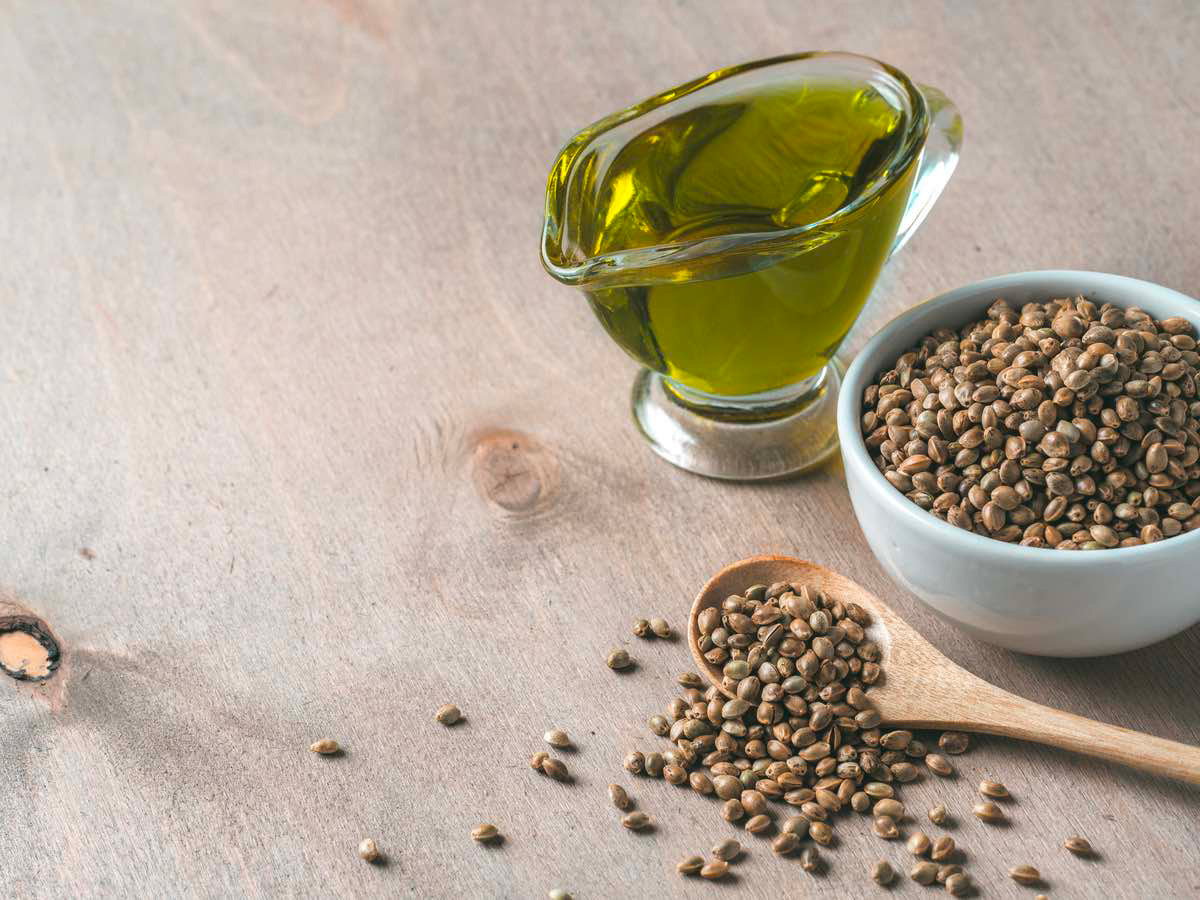
Bacteria are everywhere. In the soil, on our skin, in our guts, in our eyes, and reproductive organs. Everywhere. In fact, our bodies have more than 10 times the amount of microbial life in us than our own cells.
In the last century, bacteria have gotten a bad wrap. Many bacteria are needed for healthy digestion, immune system function, and healthy reproduction among others.
So rather than having a war on bacteria, nourishing our relationship to our microbiome is needed.
The War on Bacteria
Since we’ve known about germs, they have become a target to eradicate. And of course, this has been very successful and saved many lives. But we may have gotten rid of too many microbes, the ones that help us as well as the ones that hurt us.
Bacteria are helpful in digestion, our immune system, reproduction, and other bodily functions. People in cultures that do not use or have access to industrialized food production and industrialized chemical cleaners, and therefore higher exposure to the plethora of bacteria, have a much lower rate of atopic eczema, asthma, allergies, IBS, and other chronic diseases (of course lack of access to modern medicine produces other medical dangers like severe infections).
A symbiotic relationship
 In acupuncture and Chinese medicine, we understand the need to live in harmony with the environment. Bacteria are part of this environment inside and outside our bodies. Now it is looking like we need to live in harmony with our microbes.
In acupuncture and Chinese medicine, we understand the need to live in harmony with the environment. Bacteria are part of this environment inside and outside our bodies. Now it is looking like we need to live in harmony with our microbes.
What can we do to cultivate a healthy relationship with our bacteria? The research is still being done. There is no strict prescription, but by using common sense, we can gain a few simple recommendations.
- Eat whole foods. Plant-based whole foods that have a lot of fiber and nutrients are not only good for you but also for your gut bacteria. These are called prebiotic foods because they stimulate the growth of healthy bacteria in your gut. In the long run, they are much better than taking probiotics. Different forms of fiber (soluble and insoluble) may help encourage healthy bacteria in different parts of your digestive system. You can’t go wrong with eating whole foods, it’s healthy in many other ways such as providing vitamins, minerals, and proteins.
- Eat fermented foods. Fermented foods are foods that bacteria, yeast, and fungi have processed. Fermented foods have been a part of human culture probably as long as we have had culture. Fermented foods, like sauerkraut, kimchi, kombucha, kefir, and sour pickles contain naturally occurring lactic acid bacteria, which is what probiotics are. These foods will provide a large variety of lactic acid bacteria increasing your microbiome diversity.
They are delicious and you can make them at home!
The Role of Antibiotics and Hygiene
The discovery of antibiotics marked a revolution in medicine, saving countless lives from bacterial infections. However, their overuse has led to unintended consequences for our microbiomes, contributing to antibiotic resistance and the depletion of beneficial bacteria. Similarly, hyper-sanitization practices, while reducing exposure to harmful pathogens, can also diminish our microbial diversity. Striking a balance in antibiotic use and hygiene practices is critical for maintaining a healthy microbiome.
Get Your Hands Dirty
The diversity of microbes in natural environments offers a rich source of exposure to beneficial bacteria that can colonize our skin and gut, contributing to our overall health. This exposure can help diversify our microbiome, which is increasingly seen as crucial for our health. This is true for both just walking in nature. But it is even better to get your hands dirty and touch the soil.
Conclusion
The microbiome represents a fascinating frontier in science and medicine, offering profound insights into our health and well-being. By adopting a more microbial-friendly lifestyle through diet and environmental choices, we can support this delicate balance and harness the full potential of our microbial allies. Emerging research is exploring the potential of microbiome modulation in treating and preventing diseases. From diets rich in prebiotics to probiotic supplements, the possibilities for leveraging our understanding of the microbiome to improve health outcomes are vast. As we continue to explore the depths of the microbiome, the promise of a healthier, more symbiotic coexistence with our microscopic partners is on the horizon.



